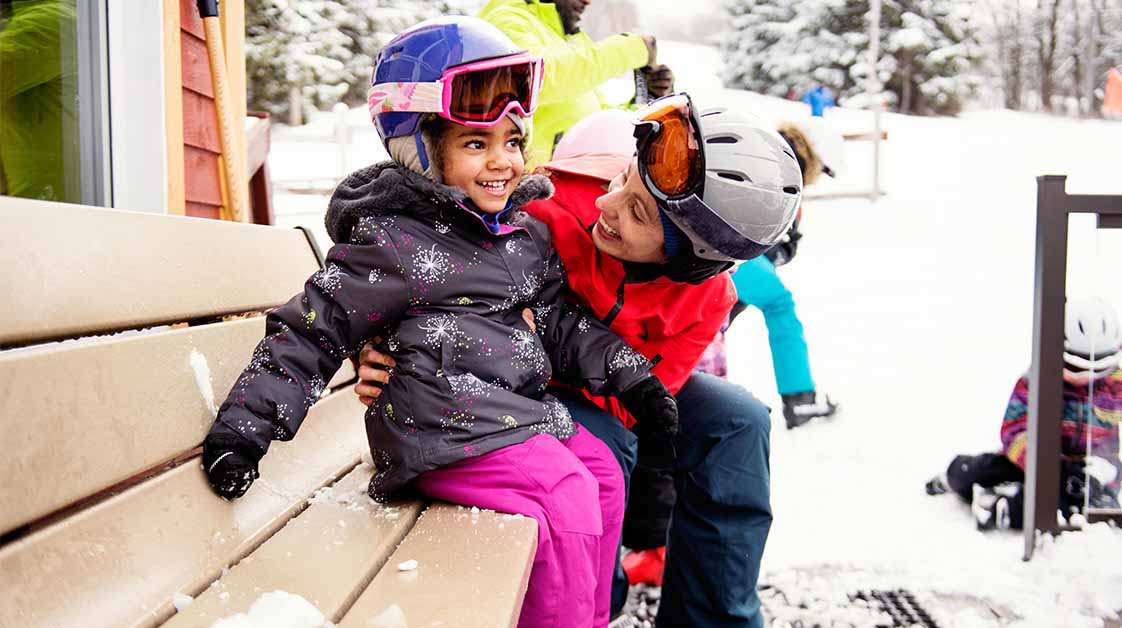
Winter sports like ice skating, ice hockey, sledding, skiing, snowboarding, and snowmobiling are a great way to have fun in the colder weather and get some fresh air and exercise.
Before you head out though, there is one very important safety precaution you should take to ensure you or your loved ones don’t end up in the emergency room with a head or neck injury.
January is National Winter Sports Traumatic Brain Injury (TBI) Awareness Month. A TBI happens when a bump, hit, blow, jolt or other head injury causes damage to the brain. Falling, bumping into another person, getting hit in the head or encountering obstacles like trees and rocks can cause a TBI.
A concussion is the mildest type and is sometimes referred to as mild TBI. Whether mild, moderate or severe, TBI can have long-term effects on your vision, hearing, balance, speech and language, and the thinking skills you use to communicate. This is because all of these abilities are controlled from different parts of the brain.
Fortunately, wearing the proper helmet significantly reduces the risk of a TBI from winter sports:
Make sure the helmet fits securely. It won’t help very much if it slides around on your head or sits too far back.
Even a mild TBI or concussion can cause symptoms including seeing stars, feeling dazed and confused, headache and neck pain, nausea, ringing in the ears, dizziness, and tiredness. Symptoms of a more severe TBI can include a headache that doesn’t go away, repeated vomiting or nausea, convulsions or seizures, inability to awaken from sleep, slurred speech, weakness or numbness in the arms and legs, and dilated eye pupils.
The effects of falls and bumps to the head can be cumulative. Especially in children and beginning learners, falls are common, and each fall represents another opportunity for head injury.
Helmets save lives and brains. Be smart and wear a helmet!
For more information on TBIs or to schedule an appointment, visit our websites for the Speech-Language Institute (SLI) or the Pennsylvania Ear Institute (PEI) of Salus University Health.
Additionally, The Eye Institute (TEI) of Salus University Health sells protective eyewear for sports. If you’re interested in purchasing protective eyewear, call 215.276.6000